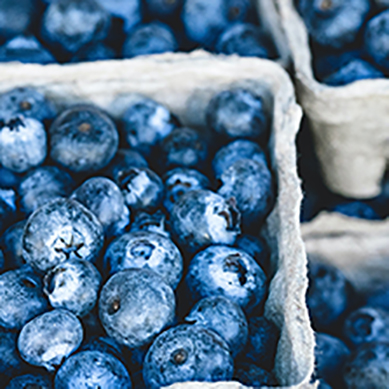Foodborne Illness Law Firm
Foodborne Illness Attorneys in Virginia
Foodborne illness or food poisoning can impact anyone at any time. The Centers for Disease Control (CDC)[1] estimate that each year, 48 million Americans become sick from a foodborne illness. Of those people, 128,000 are hospitalized and 3,000 die from their illness. While there are certain steps you can take to prevent foodborne illnesses in your own kitchen[2], your food could be contaminated at various points before it reaches your plate.
The Foodborne Illness lawyers at Allen & Allen have more the 600 years of combined legal experience and have specialized experience in foodborne illness. In our 100-year history, we have handled many complex and devastating cases. Contact us today.
Foodborne illness is most commonly caused by bacteria, viruses, and parasites, which can come into contact with your food at any stage of the production process. Oftentimes, exposure to these contaminants only causes mild discomfort or symptoms you may not recognize as foodborne illness. However, more extreme symptoms such as frequent vomiting, extreme pain or abdominal cramping, a high fever, and dehydration[3] may lead to treatment by a doctor or even hospitalization.
What Should I Do in the Event of Foodborne Illness?
When grocery stores, restaurants or food processors deviate from proper food safety procedures, the risk of contamination and food poisoning increases. Acting quickly after exposure to a foodborne illness is crucial. If you believe you or a loved one has contracted a foodborne illness due to the negligence of another, it is important to contact an attorney right away. Early action can lead to a better investigation and increase the possibility of preserving evidence.
An experienced attorney can help to determine whether your injury qualifies as a viable claim, and that attorney’s assistance can be essential in collecting financial compensation. Damages may include reimbursement or compensation for:
- Medical costs
- Lost wages
- Pain and suffering
- Future medical needs
Why Choose Allen & Allen?
The attorneys at Allen & Allen have more the 600 years of combined legal experience and have specialized experience in foodborne illness. In our 100-year history, we have handled many complex and devastating cases. After you’ve been hurt, recovering should be your focus.
We take the time to listen and learn about all the aspects of your case so that we can take on the legal burden for you. Every case is different and the attorneys at Allen & Allen are committed to taking the right steps for your unique situation.
Office Locations for Foodborne Illness Cases
Foodborne Illness Resources
- What is HUS? – Defines and details the dangers of hemolytic uremic syndrome
- Food recall updates – List of foods that have been recalled so far in 2021
- How to avoid botulism when canning at home – Defines and details the dangers of botulism, then how to avoid it

